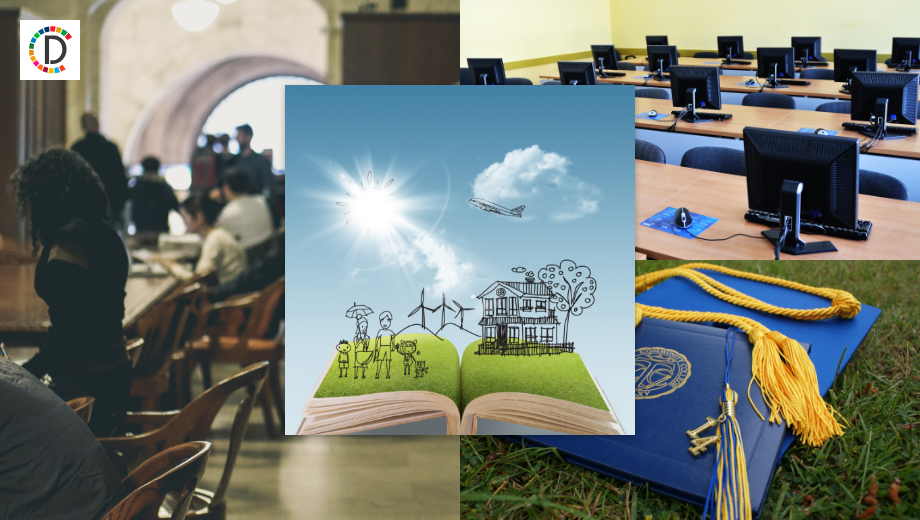Education Bill Sparks Controversy in South Africa
A controversial education bill in South Africa threatens the country's government of national unity by proposing to give the government more control over language and admission policies in schools, particularly impacting Afrikaans-language institutions. Critics argue it undermines the constitutional right to education in students' mother tongue.

- Country:
- South Africa
A bill aimed at giving the South African government more control over white minority language schools is posing a significant threat to the country's newly formed government of national unity, the Democratic Alliance said Wednesday.
The proposed legislation seeks to give the government authority over language and admission policies in schools. Currently, school governing bodies comprising mostly of parents and community leaders set these policies.
Critics argue the bill threatens single-language schools, particularly Afrikaans-language institutions, impacting the white Afrikaner population. Out of 23,719 public schools, at least 2,484 are Afrikaans-language schools.
Democratic Alliance leader John Steenhuisen plans to meet President Cyril Ramaphosa before he signs the bill into law on Friday. One civil society group has threatened legal action if Ramaphosa approves it.
With 12 official languages, South Africa sees most schools using English for instruction. Some use Afrikaans, a language rooted in 17th-century Dutch and European settlers.
Steenhuisen warns that the bill jeopardizes the constitutional right to education in one's mother tongue, risking the unity government led by the African National Congress, which the Democratic Alliance joined after the ANC lost its parliamentary majority for the first time post-apartheid.
(With inputs from agencies.)










